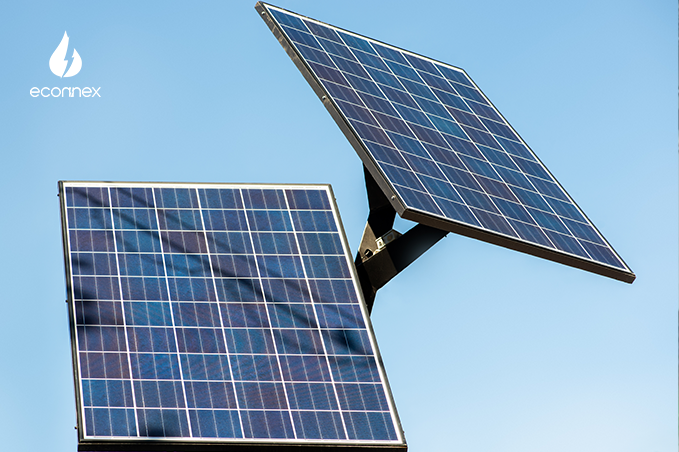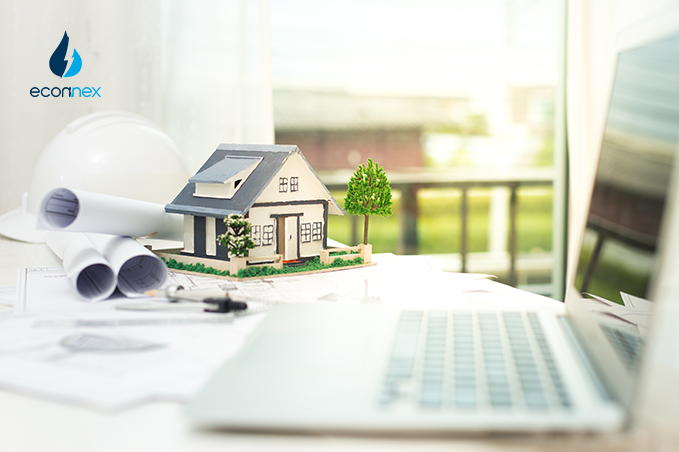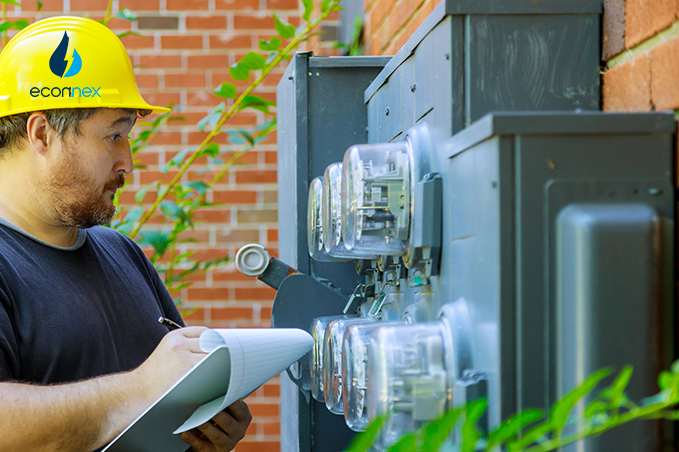When considering transitioning to solar energy, one of the first questions that often comes to mind is, "How many solar panels do I need?" Determining the correct number of panels for your needs is crucial to ensure optimal energy generation and cost savings. In this comprehensive guide, we will walk you through the factors to consider when sizing your solar system and provide the necessary information to make an informed decision.
Let's dive in!
Understanding Your Energy Consumption
Before calculating the number of solar panels you need for your Australian home, it's essential to have a clear understanding of your energy consumption. This includes assessing your average monthly electricity usage and peak demand during different seasons. You can determine the appropriate system size to meet your energy consumption patterns by analysing them in more detail.
Calculating Your Solar System Size
Several factors influence how many solar panels you need to generate adequate renewable energy for your property and the level of performance you can expect from your array. Let's explore the key considerations:
- Energy consumption - Start by reviewing your electricity bills to determine your average monthly kilowatt-hour (kWh) usage. This information will serve as the baseline for calculating your solar system size.
- Solar panel efficiency - The efficiency of solar panels varies across different brands and models. Higher-efficiency panels can generate more electricity in the same amount of space, reducing the overall number of panels required.
- Available sunlight - The amount of sunlight your location receives affects the energy output of your solar panels. Areas with abundant sunlight may require fewer panels compared to regions with lower solar exposure or intensity.
- Roof space - Assess the available roof space for solar panel installation. Consider factors such as shade, obstructions, and the orientation and tilt of your roof to maximise the solar panel capacity.
- Desired energy offset - Determine the percentage of your electricity bill you want to offset with solar energy. This will help determine the system size needed to achieve your desired level of energy independence.
- Battery storage - If you plan to incorporate battery storage into your solar system, consider the additional energy requirements and adjust your panel count accordingly.
Solar Panel Sizing Calculation
So, I hear you ask, how many solar panels do I need for my home? To calculate the number of solar panels required, follow these steps:
- Step 1: Understand your electricity usage - Review your past electricity bills to determine your average daily power usage in kilowatt-hours (kWh). This varies based on household size, lifestyle, and appliances used. For example, a single-person home might use 8-12 kWh per day, while a larger household with a pool could use 30-40 kWh per day.
- Step 2: Consider variations in power consumption across the day - Reflect on when you use electricity the most. If your home is generally empty during the day, you might use solar power less effectively, especially if you opt against a battery storage solution. Consider your power usage on weekends and during different seasons (summer vs. winter).
- Step 3: Anticipate future requirements - Think about how your electricity needs might change in the future. It's wise to install a system that can accommodate potential increases in usage.
- Step 4: Calculate the size of your solar PV system - Solar PV systems are rated in watts (W) or kilowatts (kW). The size of the system is its maximum electricity output. For each kW of solar panels, you can expect about 4 kWh of electricity generation per day, though this varies based on location, panel orientation, and other factors.
- Step 5: Determine the system capacity to cover your usage - Aim to cover as much of your household consumption as possible. For instance, if your daily consumption is around 20 kWh, a 5kW system might suffice, generating approximately 20 kWh on a sunny day.
- Step 6: Consider installation factors - Assess your roof space, orientation, and shading. North-facing panels are ideal, but northeast or northwest can also be effective. Sometimes, a mix of east- and west-facing panels can be optimal, depending on your power usage patterns.
Working with Solar Professionals
While the above calculations provide a general guideline, consulting with solar professionals is always recommended to ensure an accurate assessment of your solar needs. Experienced installers can conduct a site survey, assess shading issues, and consider other specific factors to provide you with a customised solar system design.
Check - Most Commonly Used Solar Panels
The Benefits of Proper Sizing
While it can take a little research and development, asking, “How many solar panels do I need?” and proactively seeking the ideal solution for your particular property is a worthwhile exercise to engage in. Sizing your solar system appropriately offers several advantages, including:
- Cost Optimisation - By accurately sizing your system, you can avoid over-investing in unnecessary panels, reducing upfront costs.
- Maximum energy generation - Proper sizing ensures your system generates enough electricity to meet your needs and potentially offset a significant portion of your energy consumption.
- Return on investment - A correctly sized system maximises your return on investment by optimising energy production and reducing reliance on grid electricity.
- Environmental impact - Generating the right amount of clean energy helps reduce carbon emissions and contributes to a more sustainable future.
Unlock Your Solar Solution with Econnex
Determining the number of solar panels you need requires a careful analysis of your energy consumption, solar panel efficiency, available sunlight, roof space, desired energy offset, and additional considerations like battery storage. While our calculations provide a starting point, it's crucial to consult with solar professionals for an accurate assessment and system design.
By properly sizing your solar system, you can enjoy the benefits of renewable energy, cost savings, and a reduced environmental footprint. When you’re ready to compare various options available for your property, head to the Econnex solar comparison platform for a seamless, unbiased and independent purchasing experience.
Start your solar journey today and embrace a greener future!




